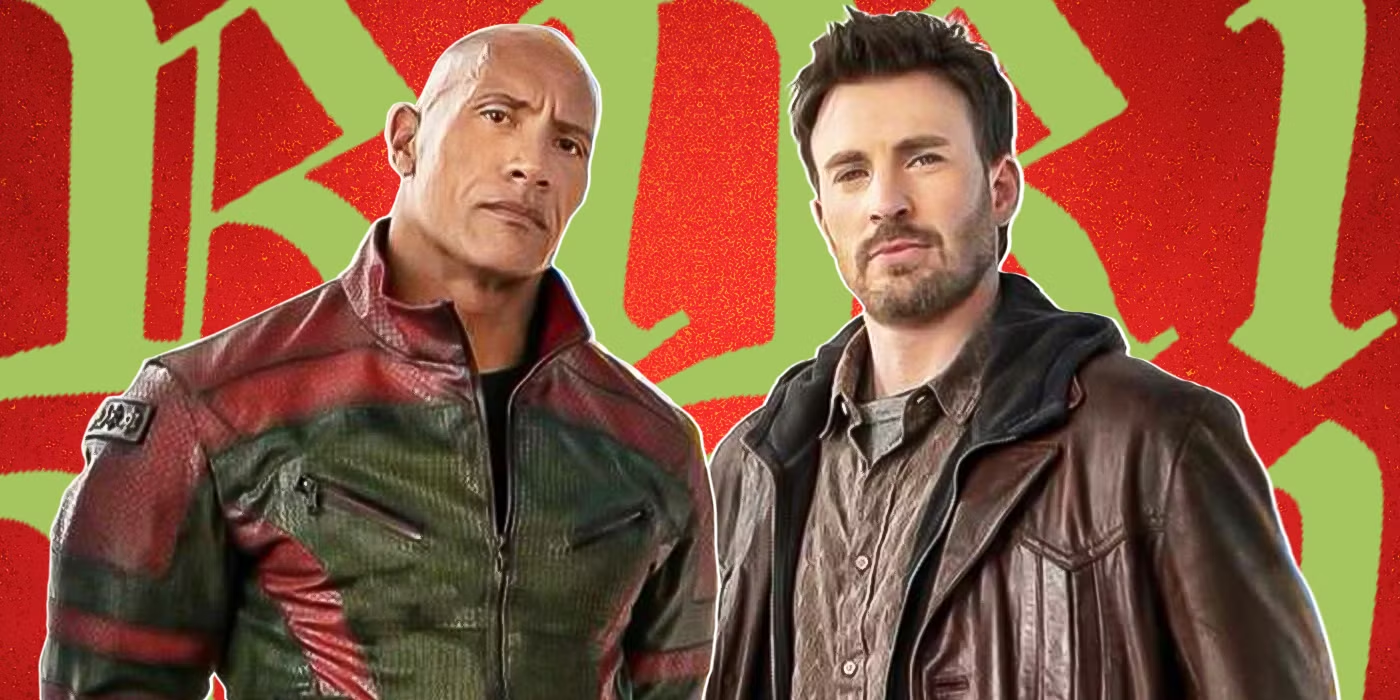Watching “Hero” is just me saying, “This is my favorite part!” thirty times, and then it’s over.
Hero is a martial arts film about a figure called Nameless who claims to have killed three would-be assassins of the King of Qin. By bringing their swords to the king, Nameless can get within ten paces of the throne. The truth unfolds as Nameless tells his story.
This is in my top 10 favorite films of all time, even though I extremely disagree with its politics.
It turns out I actually don’t mind imperialist propaganda if it’s awesome.
In the style of Rashomon, Hero proceeds through three intertwined narratives: the stories Nameless first tells the king, the king’s interpretations of the story, and then the truth.
Every narrative is punctuated by distinctive martial arts sequences with different palettes. This remains one of the most visually stunning movies ever, twenty-one years after its American release. (Fun fact: Quentin Tarantino talked Miramax into releasing Hero in the USA.)
The use of CGI is sparing relative to modern movies. You can see where it’s used (mostly in water effects), but it kinda makes the places they didn’t use CGI even more impressive. The color themes are mostly achieved through set dressing and costuming rather than heavy-handed grading. Huge numbers of extras are used in the king’s palace and battle sequences. The divine casting allows for much of the fighting to be performed by the lead actors themselves.
Such killer visuals and a majestic score demand a worthy story, and the “he said/she said” story is beyond elegant. Most of what you learn about the characters telling their stories is expressed through the differences in the way they’re told. It’s paced brilliantly.
I disagree with the philosophy so much, though. Everything is in service of an autocratic message. Characters die to support the empire. We’re meant to believe this king-led war is noble, the king himself is soft-hearted, and all the dying is worth it. It goes against everything I believe politically.
Even so.
I often say, “I like movies that are good,” and I’m sorta joking…but not really. I will watch any genre. I don’t have a lot of preferences outside seeing art executed with intention, skill, and meaning. The meaning of this one is wholly unpalatable to me, but God, does it do it well.
Not once in my entire life have I looked as cool as Nameless walking away from something. Not even once.
(Image: Beijing New Picture Film)























